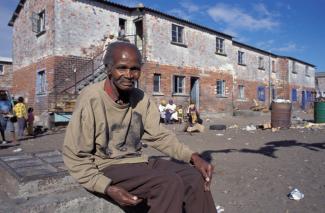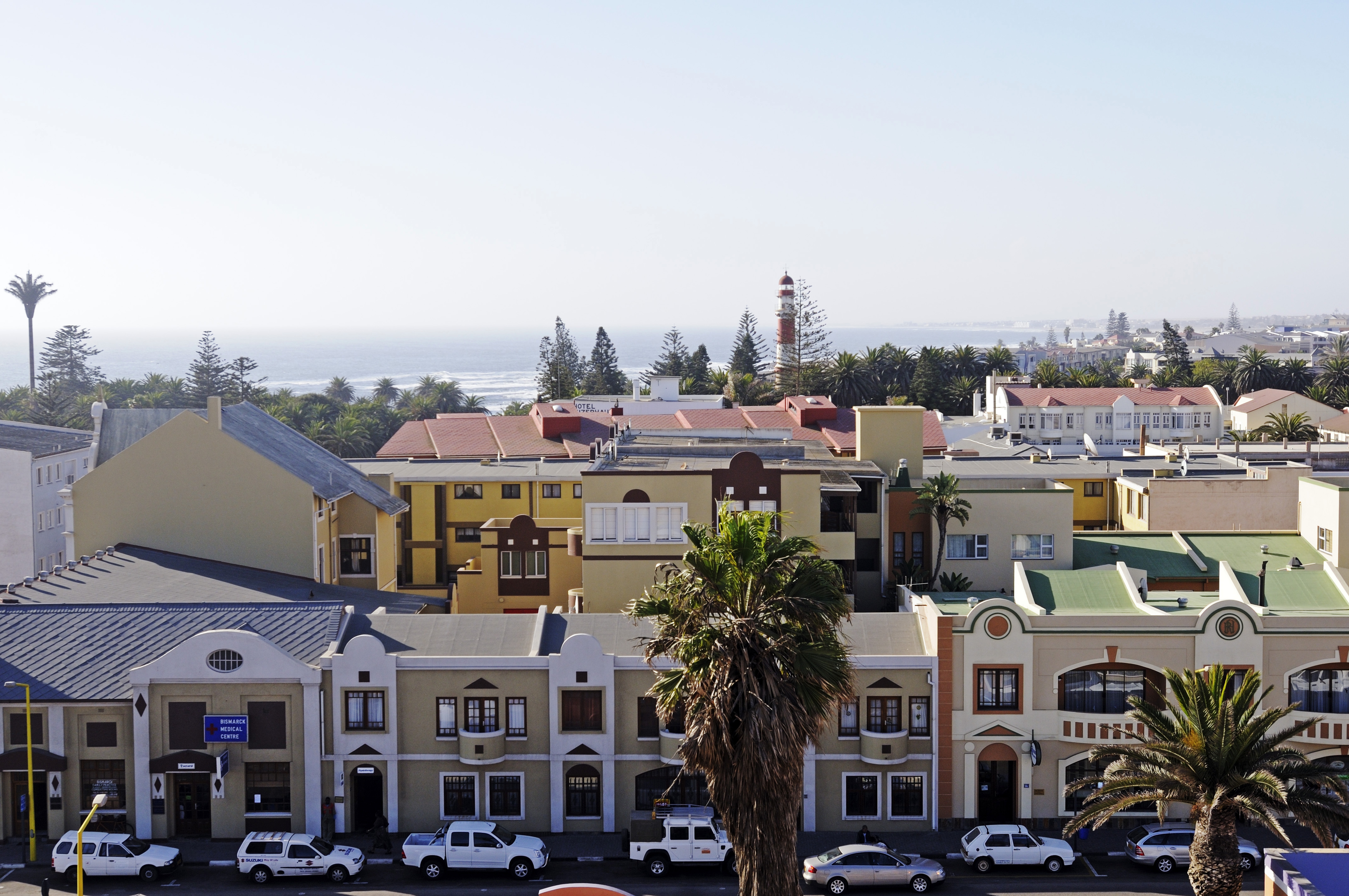Social protection
The South African social contract

Since the transition to democracy in 1994, the government under the African National Congress (ANC) has relied on social policies and established several grants targeting children, disabled persons, old people and war veterans. In 1997 a White Paper for Social Welfare was enshrined in the new constitution of democratic South Africa. It introduced the pillars of the current system, and confers to the citizens the right “to have access to social security, including if they are unable to support themselves and their dependants, appropriate social assistance”. South Africa is in urgent need of redistribution. A UNICEF report highlighted in 2012 that 1.4 million children had no easy access to drinking water, 1.5 million had no flushing lavatories and 1.7 million lived in shacks. Four in ten lived in homes where no one was employed. A total of 330,000 children – and 5 million adults – were infected with HIV.
The country’s 2012 National Development Plan identified three main challenges: poverty, unemployment and inequality. Yet given the small tax base – there are only about 5 million tax payers (less than 10 % of the population) – the country faces difficulties to support such vast numbers of poor. Providing social welfare payments to 13.8 million unemployed citizens, who form the core of the ANC’s base, would place an extraordinarily heavy burden on the national budget. There are serious doubts about the sustainability of such welfare policy.
In 2010/2011, some 3.5 % of the country’s GDP was allocated to social-assistance programmes. By the end of 2012, almost 16 million (about 30 %) South Africans were dependent on some kind of social grant. The bulk of these were either child grants, disability or old-age pensions. However, close to 75 % of the grants extended to persons below the age of 18 years. On average, South Africans are actually quite young. The child support grants alone, introduced in 1997, reached over 10 million children, but another 1 million who were eligible did not receive them.
Despite many shortcomings, the execution of a visible political will to provide social security to its citizens, makes South Africa an exceptional case on the continent. While the parliaments of Botswana, Lesotho, Namibia and Swaziland have legislated limited social pension schemes, the constitutional clauses in South Africa go a step further. The scholar Stephen Devereux states: “If a welfare state is defined as one that guarantees a minimum standard of living for all its citizens, then South Africa comes closest to this ideal in sub-Saharan Africa – even though it still falls short and needs to recognise that vigilance is required in order to protect the gains that have been made.” Henning Melber










